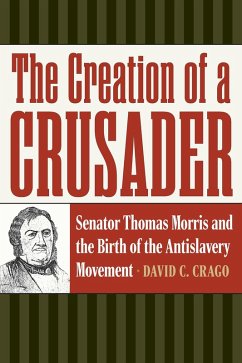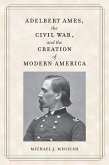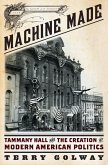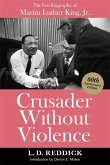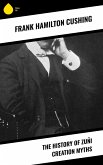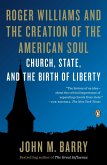More than 175 years after his death, Senator Thomas Morris has remained one of the few early national champions of political and constitutional antislavery without a biography devoted to him. In this first expansive study of Morris's life and contributions, David C. Crago persuasively argues that historians have wrongly marginalized Morris's role in the early antislavery movement.
Morris was the first member of the US Senate to defend abolitionist positions in that body. Confronted with Southern demands for Congressional action to silence abolitionists and endorse slavery, he asserted that a proslavery interpretation of the Constitution was a distortion of the text. Instead, he argued, the Constitution neither identified people as property nor granted Congress the power to establish slavery in the territories or the District of Columbia. Although far outside the 1830s political consensus, Morris's ideas were quickly adopted by the nascent antislavery movement and became the cornerstone of antislavery political beliefs.
Ultimately expelled from the Ohio Democratic Party and denied reelection to the Senate, within a decade his ideas would shape the core principles of both the Free-Soil and Republican Parties' platforms. The Creation of a Crusader fills an important gap in understanding the early American antislavery movement and sheds light on Morris's overlooked yet significant influence.
Dieser Download kann aus rechtlichen Gründen nur mit Rechnungsadresse in A, B, BG, CY, CZ, D, DK, EW, E, FIN, F, GR, HR, H, IRL, I, LT, L, LR, M, NL, PL, P, R, S, SLO, SK ausgeliefert werden.

